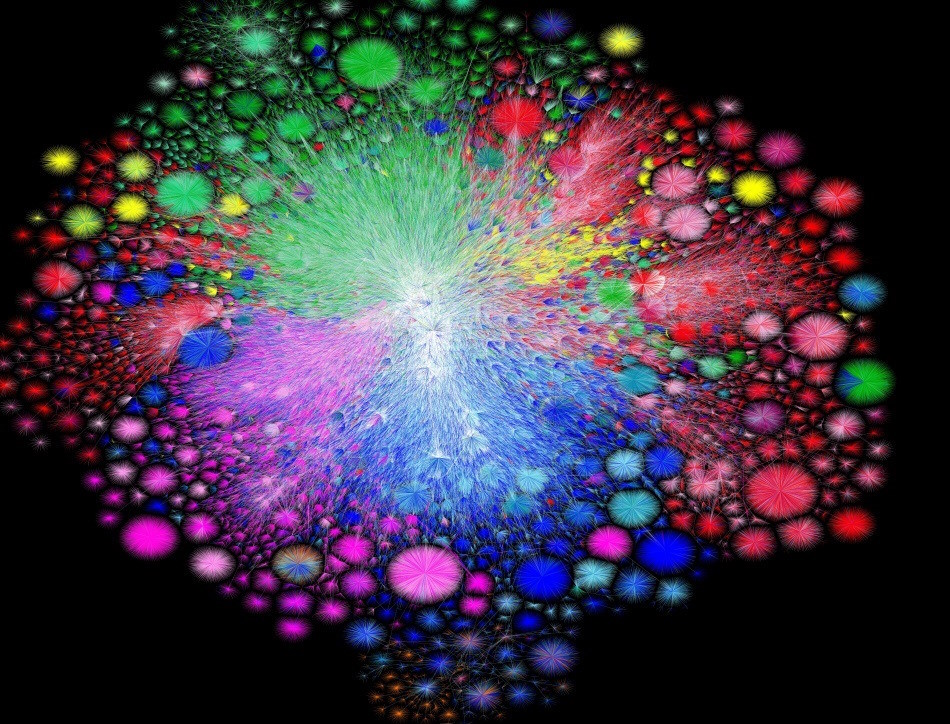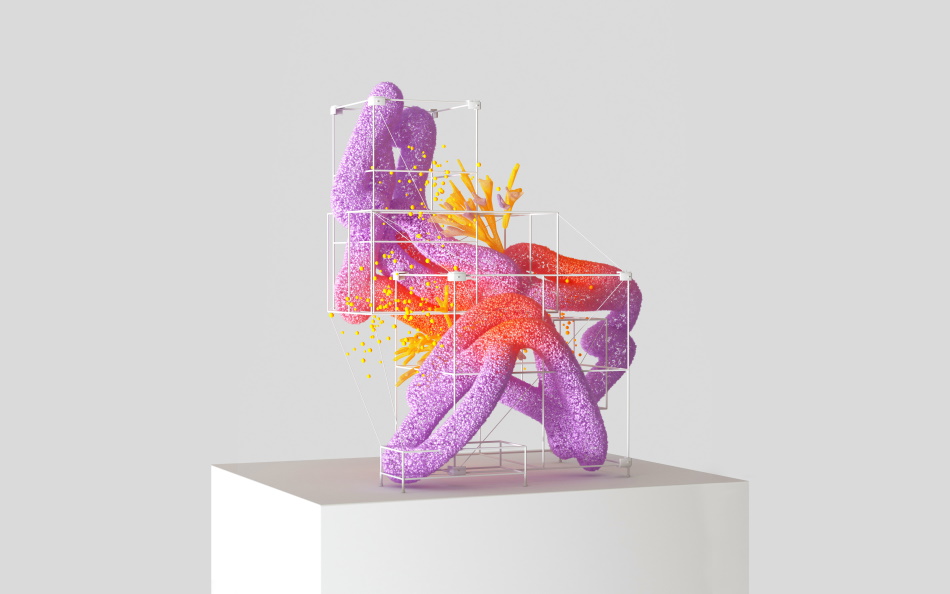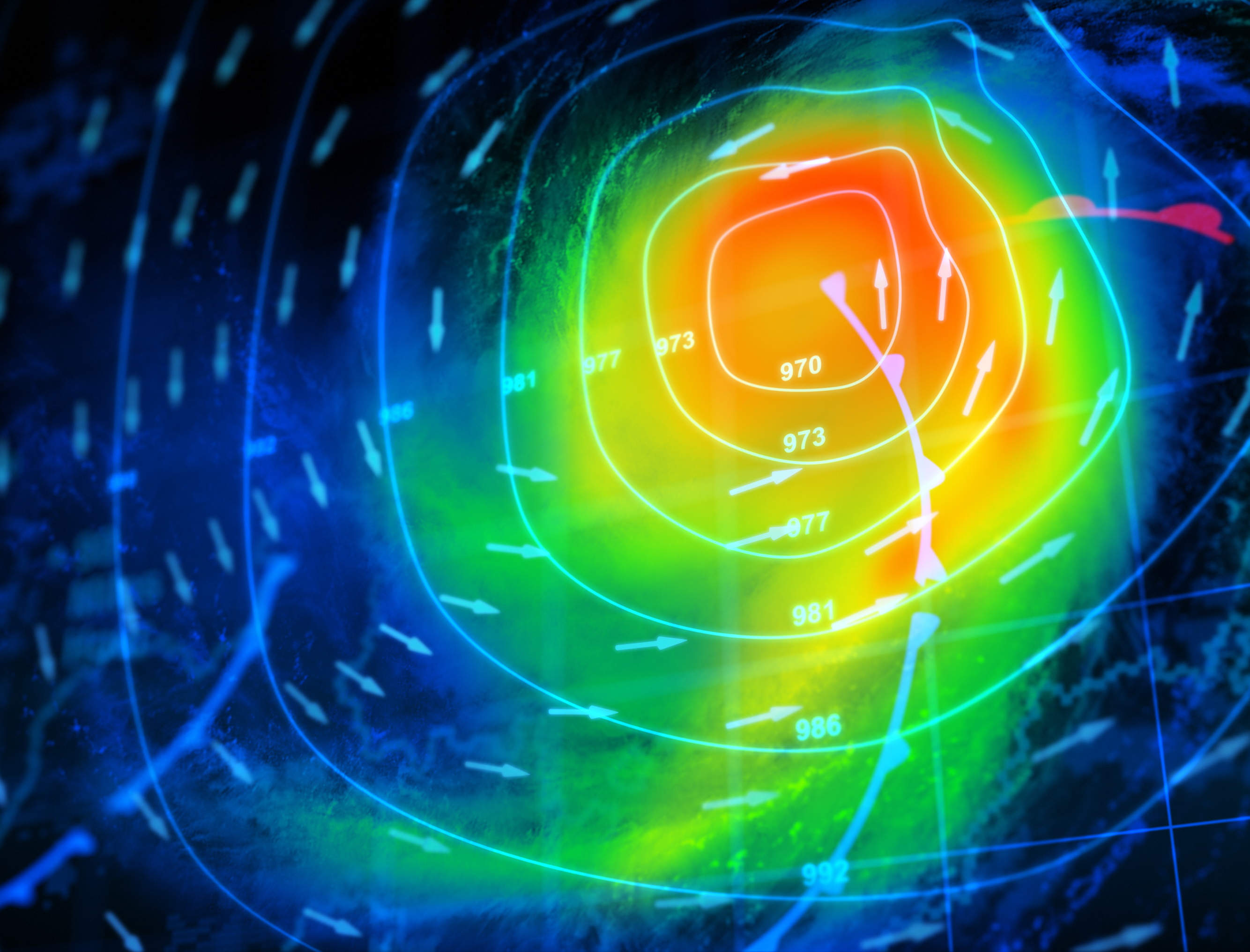The power of data and AI
Almost every aspect of our lives generates or uses data. From the phones in our pockets and the entertainment we stream online to the energy we consume in our homes, the data we help to produce is growing exponentially. So too is the ability to analyse it.
When used effectively, data can provide insights that can be used to improve healthcare, spot disease outbreaks or discover new treatments. It can be used to make journeys on our roads more efficient and can help manage critical infrastructure such as the energy network.
The vast data sets now available have also helped with the development of a form of artificial intelligence known as machine learning. These computer systems learn from data, examples and through experience rather than having to be pre-programmed to carry out complex tasks.
Many of us now interact with a form of artificial intelligence every day through search engines, social media and voice recognition software. As the field develops, it is likely to percolate into our lives in ever more surprising ways, so it will be important to build new governance structures to ensure it is used fairly and transparently.


















